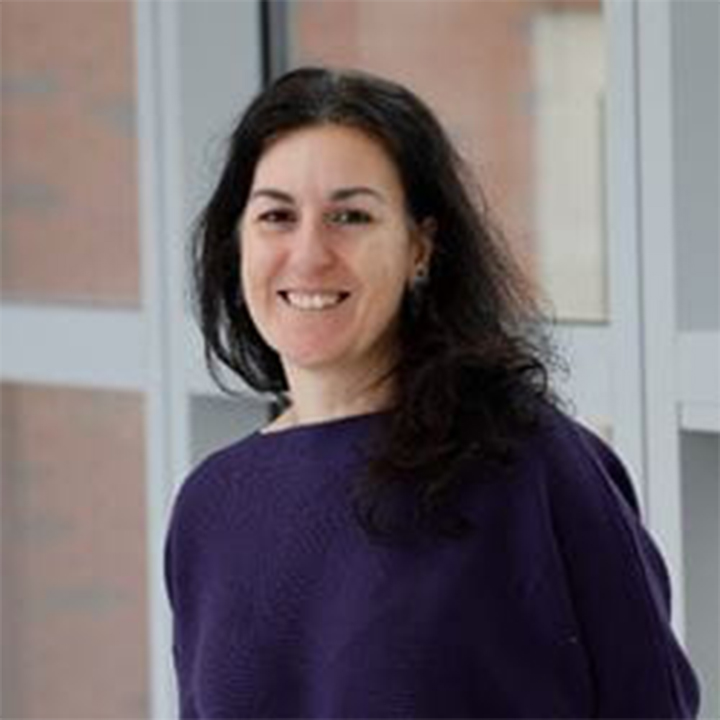- About this researcher
Ilaria Palmisano, PhD
Assistant Professor
Neuroscience

Academic contact
Academic information
- Department: Neuroscience
Research interests
- Chromatin Biology
- Epigenetics Nerve/Spinal Injury
- Neuropathy
About
Biography
Injuries to the spinal cord and peripheral nerves lead to neurological deficits and debilitating conditions because of poor axonal regeneration and lost connectivity among injured neurons. Obesity, diabetes, and aging can harm the nervous system, reducing its ability to repair itself.
The genome’s ability to integrate various biological signals and respond by adjusting transcriptional programs accordingly underlies changes in gene expression during both physiological and pathological states. Our research focuses on determining how epigenetic regulation affects the neuronal response to injury, with the ultimate goal of identifying key epigenetic and transcriptional pathways that can be targeted to reprogram neurons into a regenerative/repair state.
Credentials
Education
- Postdoctoral Training
- Imperial College, London, United Kingdom
- Postdoctoral Training
- San Raffaele Scientific Institute, Center for Translational Genomics and Bioinformatics, Milan, Italy
- PhD
- University of Lecce and San Raffaele Scientific Institute, Lecce and Milan, Italy
- MSc - Biology
- University of Lecce, Lecce, Italy
Research
Research interests
- Chromatin Biology
- Epigenetics Nerve/Spinal Injury
- Neuropathy
Research Approaches
To achieve this goal, we use a combination of approaches:
- Biochemistry, cellular and molecular biology: primary cultures, transfection, AAV infection, immunoprecipitation, Western blotting, RT-PCR, DNA cloning, CRISPR/Cas9 gene editing, FACS sorting.
- In vivo: mouse models of diabetic neuropathy, nerve and spinal cord injury, AAV delivery for gene knockdown or overexpression.
- Imaging: immunohistochemistry, epifluorescence and confocal microscopy.
- Multi-omics: RNA-seq (bulk and single-cell), ATAC-seq (bulk and single-cell), CUT&Tag, CUT&Run, Hi-C, promoter capture Hi-C, proteomics, metabolomics.
